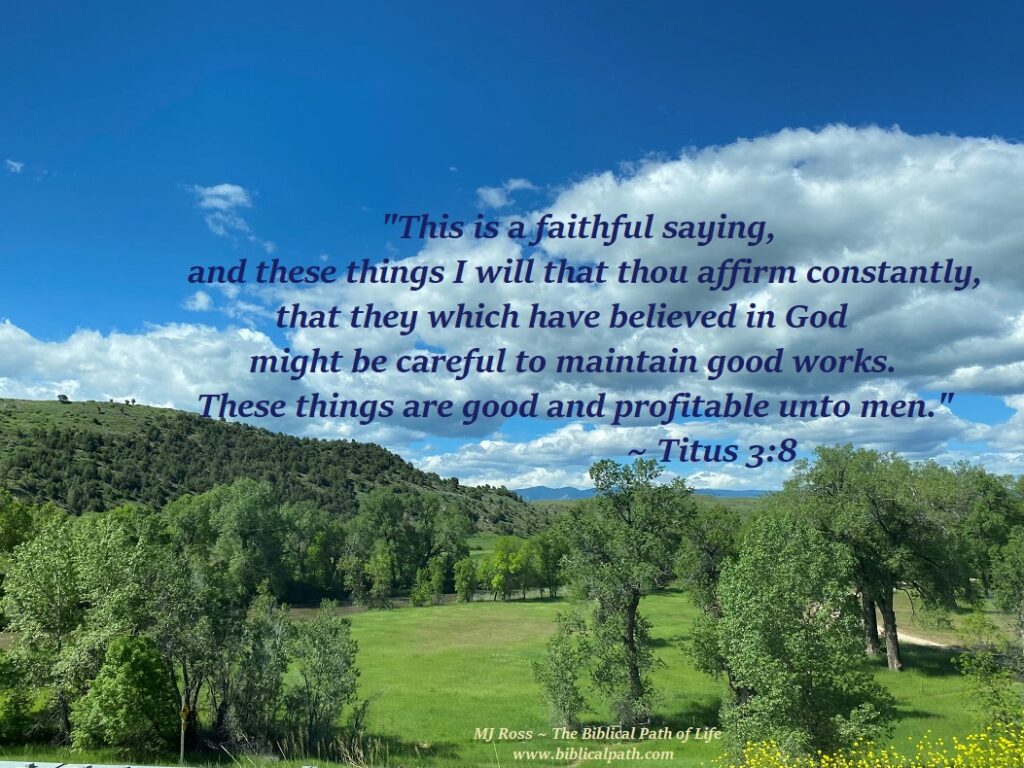
Key Verse
For I rejoiced greatly, when the brethren came and testified of the truth that is in thee, even as thou walkest in the truth.
—3 John 1:3
Key Verse Thought: Read today’s Key Verse. Brethren means “it generally denotes a fellowship of life based on identity of origin; i.e.: members of the same Christian community.” In this lesson, we will learn of people in whose life John could identify the truth because of their lifestyle, for they walked in the truth.
Emphasis: We are to understand the importance of living a Christian life according to the truth of God’s Word – a life in which anyone can see one’s faithfulness in living according to God’s Word. We will also understand we are to recognize false teaching, rejecting deceivers who teach contrary to God’s Word, and instead adhere to the truths of the Bible.
Lesson Summary: The book of 2 John is the sixth book in the final division of the New Testament: The Nine General Letters to the Jewish Church. The book of 3 John is the seventh book in that final division. John, one of the twelve Apostles, wrote both of these books.
2 John: John wrote this letter to an unnamed woman with children. He commended her for not only faithfully walking with the Lord, but for teaching her children the truths of God’s Word – and those children walked with the Lord. There was one important thing he emphasized: he reminded them to continue walking according to God’s Word, obeying His commands. John warned that there would be deceivers who would come, teaching falsely. If anyone teaches contrary to the Bible, John said to reject them. He also taught that they are not to even be wished “god speed” (encouragement on their way).
3 John: The book of 3 John is the shortest book in the Bible. John wrote it to one named Gaius. John led Gaius to the Lord, and Gaius proceeded to live a faithful Christian life. John wrote words of commendation, as well as words of encouragement. Gaius walked in truth. All who knew him understood this as well. Because of his faithful life, he was an encouragement to others to do the same, which led them to tell others, including Gentiles, the truth of God’s Word as well.
Gaius walked with the Lord – unlike Diotrephes who obviously did not live Christ-like. John wrote of the areas in Diotrephes’ life that were wrong. He wrote not to follow that which is evil, but to follow that which is good.
The final person of whom John wrote was Demetrius. John had little to say about Demetrius, but he said enough for us to understand Demetrius pleased God.
Y3Q4 – Lesson 10 Questions
Y3Q4 – Lesson 10 Children’s Worksheets
The Biblical Path of Life – Year Three, Quarter Four is available through Amazon.








